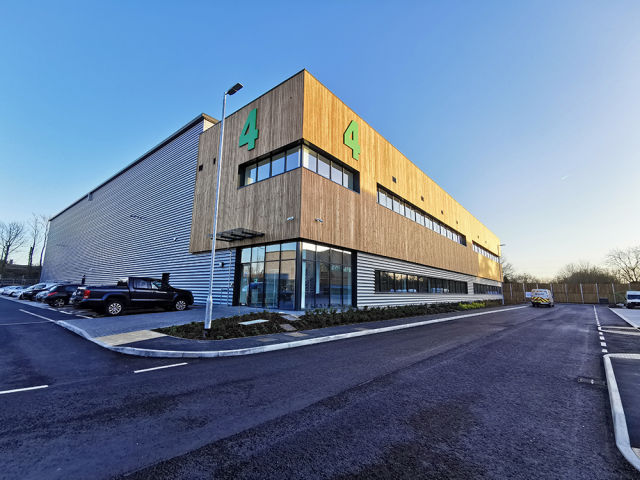Brymec expands with purpose-built Gatwick centre

Distributor and manufacturer Brymec has moved into a purpose-built warehouse close to Gatwick Airport.
The new site has 40% more capacity and the relocation allows the company to improve their stockholding capacity ensuring that key products are available for customers the next day.
Another major benefit of the site will be a new manufacturing testing facility. Brymec products will be tested – including pressure-testing – at the factory before delivery to site. So customers can rest assured that their products will be of the highest standard.
Luke Reiner, Brymec managing director, says: “Brymec has achieved staggering growth in recent years and, having moved to manufacturing our own systems, we are now much more than a product supplier. This new warehouse shows the ambition we have to continue our growth as a company and build on our success.”
Reiner adds that the new site will allow Brymec greater scope to offer customers full-project services, including mechanical system technical services, as well as extending its logistics offering.
The site is four miles north of Gatwick Airport and near to junction nine of the M23 giving it excellent transport links to the south east and the national motorway network. The new building also makes use of on-site low and zero carbon technologies. This includes motion-sensitive LED lighting to offices and air source heating and cooling.








